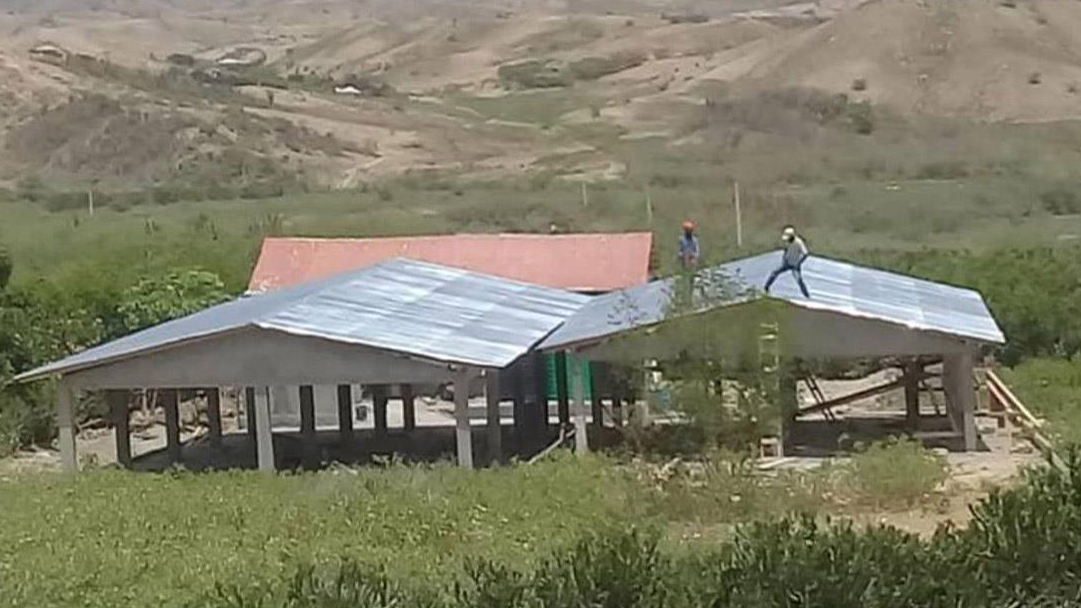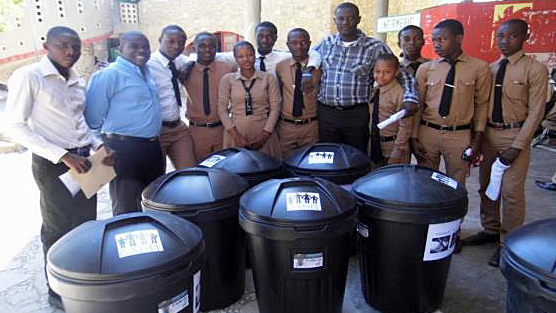

Swiss Partners
Verein Equipe PEP, Zürich,
www.equipe-pep.ch,
Gertrud Osman
Project Type:
Technology:
Country:
Project Status:
Project Start:
End of Project:
Contract:
Documentation
Swiss Contribution
The “Team Equipe PEP” has many years of extensive experience in teaching activities at the ETH Zurich, universities, colleges and vocational schools; especially in the areas of renewable energies, environment, waste management, wastewater treatment and water protection. Furthermore, the “Team Equipe PEP” can draw on project experience in various developing countries.
Description
Haiti’s waste situation is precarious. Less than half of the municipal waste is collected and dumped. The rest ends up on the street or at uncontrolled dumping sites. Annual hurricanes, which are accompanied by heavy rains, flush large quantities of waste into the sea. Plastic that has been washed away also contributes to ocean pollution by micro-plastic particles.
This project was carried out in the city of Port-de-Paix by the local partner GADEL (Groupe d’Appui au Développement Local). GADEL has been working in the waste sector since 2014, and has built a simple sorting center (Centre de Tri). In the city of Port-de-Paix, a know-how transfer has built up a knowledge pool and a training center. Goals were the training of waste professionals according to the principles of dual apprenticeship training and the development of a comprehensive waste management system, among others.
Results
During the course of the project, it became clear that the goals originally set could not be achieved as planned; due in part to the political situation, which was very unstable at times. Instead of setting up the dual apprenticeship training, waste instructors were trained, the existing simple sorting plant with its composting yard was upgraded to a better technical standard, and waste collection and separation were optimized.
Impacts
The local partner GADEL was able to gain 200 subscribers for waste collection by the project’s end and further expansion is planned. Also upon project completion, six jobs had been created and the center is now able to process about 1 ton of waste per day. The compost production capacity is six tons per month. In addition, a manual press for briquette production from biomass, paper and cardboard for pyrolysis stoves was put into operation.